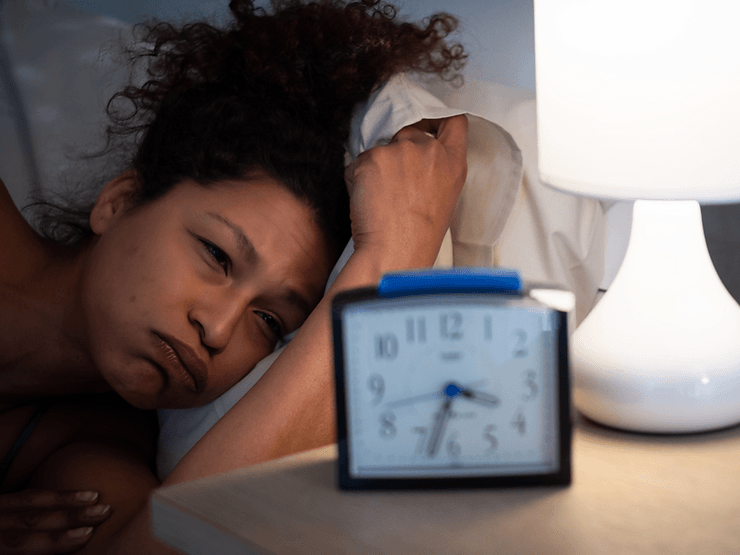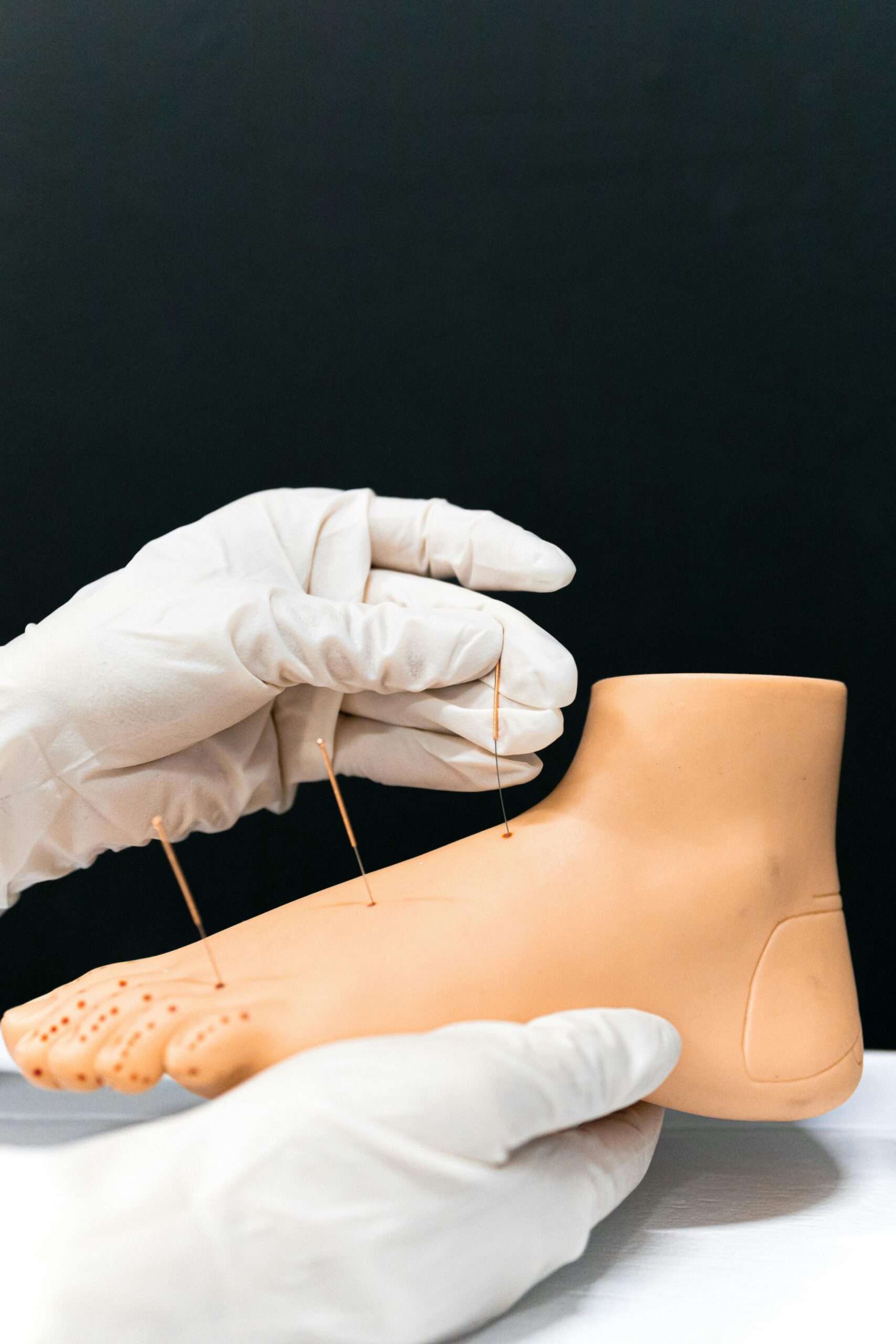Difficulty sleeping has become endemic in recent years. “Insomnia” is the term used to describe the kind of sleep disorder that prevents someone from either falling asleep and/or staying asleep and thus, the quality and quantity of sleep are affected. Busy lives, screen time, poor diet, stress and hormones can all affect our sleep and cause bouts of insomnia but many of us, even when we can sleep, are not getting high quality, efficient sleep that supports our bodies in their nightly rest and repair cycle.
There are many reasons why we might struggle to sleep but, in Traditional Chinese Medicine (TCM), during the night, the dominant Qi is the cool, still, soft, feminine, Yin energy and during the day, we channel light, warm, masculine Yang energy, and the two transform into each other in a delicate balance. If we are constantly on the go and engaged, the result is too much Yang Qi making it difficult for us to relax and sleep. If we are lethargic and sedentary, we can develop an imbalance in favour of the Yin Qi and struggle to feel awake and focused during the day.

It can be a self-perpetuating cycle unfortunately; the less quality sleep we get, the greater the imbalance becomes and so we struggle further.
If you have been reading my blogs this far, you will already know that Acupuncture is a holistic healing modality that prioritises restoring the Yin-Yang balance and the appropriate flow of Qi around the body. It stands to reason then, that acupuncture can be particularly helpful with sleep disorders. Not only does it regulate energy, clear blockages such as Dampness, restores the Yin (or the Yang), and subdues excess such as Liver Yang Rising -that causes migraines, neck and shoulder tension, anger outbursts- it boosts general wellness and optimises the effects of the other lifestyle habits that we rely upon to keep us healthy.
Regular acupuncture creates a familiar space where our bodies and minds feel more at ease. Most of my clients tell me that it is the only time they allow themselves to relax and many fall asleep! The more accustomed we become to this state of wellbeing and the more in-tune we are to notice when we do not have it, the more we can begin to actively seek ways to bring ourselves back to a centred and grounded feeling. Self-awareness in this way is a very powerful tool for regaining balance and finding our way back to restorative sleep behaviours.
Mental wellness plays a huge role in our ability to relax and send the appropriate messages to our nervous system that we are ready for sleep. Stress and anxiety and a constant state of sympathetic nervous system (SNS) overload, the well known “fight or flight” mode and hyper-alertness send the opposite signals to our entire body’s wiring; that we need to stay awake and protect ourselves from the perceived danger. The SNS overload is caused by the constant, low level triggering of the amygdala which is at the centre of our reptilian brain, the limbic system. Fortunately, we have evolved from our reptilian (primal) nature and we seem to have a more conscious control of our basic impulses and even though we are no longer chased by lions, we are still fearful of, for example, losing our jobs, a person we love or our home. The fear we experience these days is more psychological (still real!) and even though it is real, we have the power to change the way we feel about what scares us. I would highly recommend a book called Magic in Practice by Garner Thomson (2nd ed), creator and developer of Medical (clinically applied) NLP, neuro linguistic programming, which gives us the tools to reprogram our thoughts through language. Remember, words are spells! This is why we say “spelling”. A fantastic book for practitioners but also to anyone who is curious and enthusiastic about self-improvement and healing.
We will look at stress separately and will cover the fact that acupuncture can reduce the physiological impact of stressful and anxious thinking by engaging the parasympathetic nervous system (PNS), disabling that hyper state and bringing back the flow of the calmer Yin qi.
Whether stress seems to be your trigger for disrupted sleep, or something else, there are some key steps we can all take to improve our sleep quality and quantity. These ideas, no matter the cause of our sleep issues, should help to send the right messages to engage our rest and repair cycle and efficient sleep:
-
Regular acupuncture to maintain balance
-
Aim for a consistent bedtime
-
Try not to take naps in the day
-
Eat healthy, nutrient dense foods, and don’t eat in the 2 hours before bed
-
Exercise regularly
-
Participate in active relaxation in the hours before bedtime, be that meditation, breathing exercises, reading, stretching, listening to soothing music, anything that helps to deactivate us from ‘doing’
-
Avoid electronic devices for up to an hour before bed
-
A warm bath or shower (not hot, we’re aiming for the cooler Yin qi) OR
-
Soaking the feet for 20 minutes before bedtime
-
Sleep in a cool, dark room
-
Have a morning routine as much as an evening one, to signal to the body that it’s time to engage the Yang qi and embrace the day.
If you’re struggling to sleep and can’t seem to break the cycle of sleep deprivation, we can discuss how we can regulate your qi with acupuncture and help restore balance. Interestingly, in doing so, even ‘hidden’ or unapparent causes of sleep disruption can be uncovered. In the more relaxed, inwardly focused mindset induced by acupuncture and the mental clarity and space provided by this specific type of healing, we can notice triggers by their very absence and realise patterns of thinking, holding, acting and doing that may contribute to imbalance and make them easier to identify and correct as they present in everyday life.
Be well.
Ana Guerrero.







